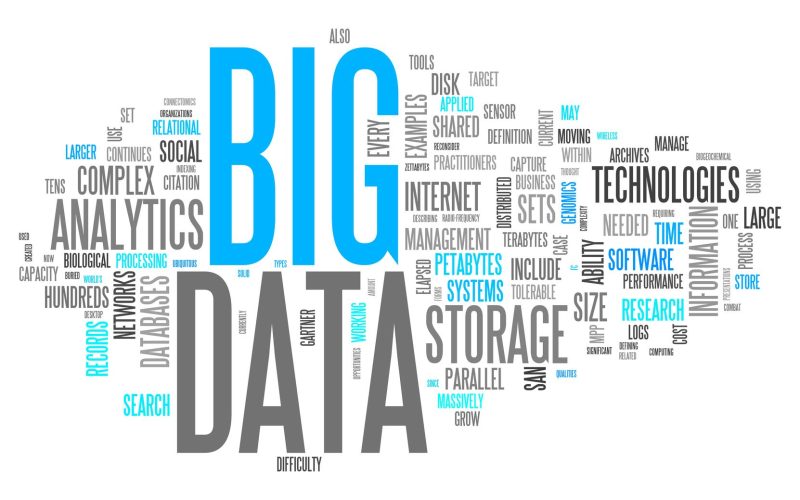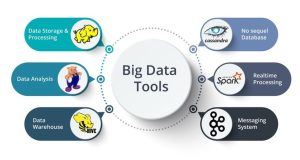1. What is Big Data, and why is it important for businesses?
Big Data refers to the vast amounts of structured, semi-structured, and unstructured data generated by digital interactions, transactions, and devices. It’s crucial for businesses because it allows them to analyze large data sets, uncover insights, and make informed decisions that can enhance customer experiences, optimize operations, and increase revenue.
2. How does Big Data improve decision-making in businesses?
Big Data provides real-time insights that empower businesses to make data-driven decisions. By analyzing customer behavior, market trends, and operational data, companies can predict demand, optimize pricing, improve products, and adjust strategies based on actionable insights, reducing guesswork and increasing precision in decision-making.
3. What are some common challenges businesses face when implementing Big Data?
Challenges include data privacy and security, ensuring data quality and accuracy, integrating Big Data solutions with existing legacy systems, and the cost of implementing infrastructure and analytics tools. Additionally, finding skilled data professionals can be difficult, especially for small and medium-sized enterprises.
4. How do companies use Big Data to personalize customer experiences?
Companies analyze customer data to understand preferences, purchase patterns, and interests. Using this information, they can tailor recommendations, optimize customer service interactions, and deliver targeted marketing. For example, streaming services like Netflix suggest shows based on past viewing habits, while e-commerce platforms recommend products tailored to each user.
5. What industries benefit the most from Big Data analytics?
Industries that benefit the most include healthcare, retail, finance, manufacturing, and telecommunications. In healthcare, Big Data enables personalized treatments and predictive diagnostics. Retailers optimize inventory and personalize marketing. Finance uses it for fraud detection, and manufacturers rely on it for predictive maintenance and quality control.













